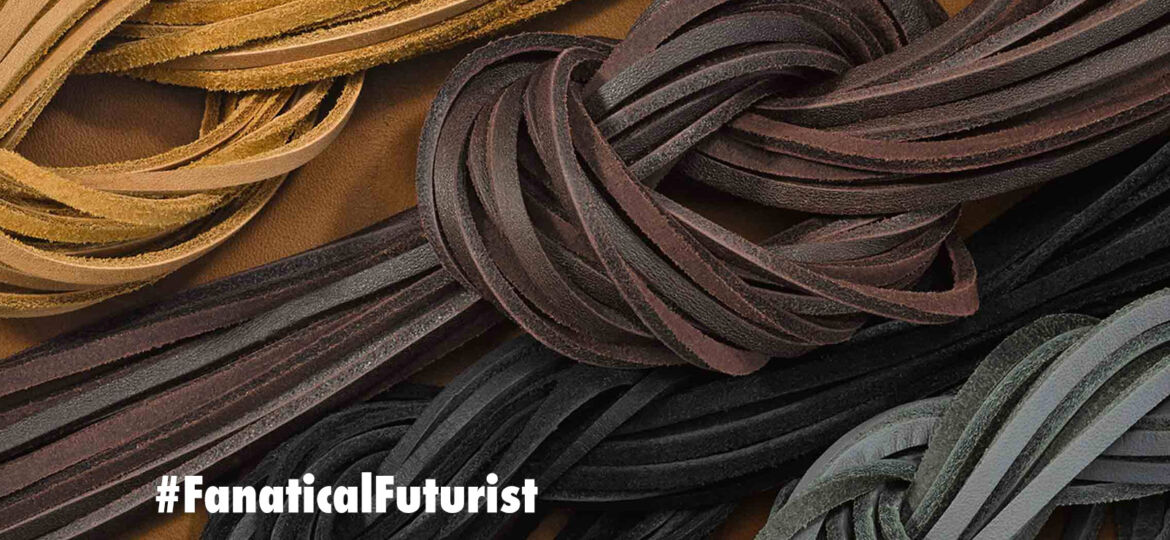
WHY THIS MATTERS IN BRIEF
Meat and animal products without the animals used to be nothing more than science fiction, but new products are already finding their ways onto supermarket shelves and this is just the beginning of a manufacturing revolution.
It’s sounds like it’s straight out of a science fiction movie, or as I call it, “The future,” printing out pieces of meat without having to kill an animal, or printing leather without having to skin a cow, but this is precisely the reality we are starting to realise thanks to 3D Bioprinting, the technology, literally, at the heart of today’s bio-manufacturing revolution that’s already being used elsewhere to print human bone, brains, cartilage, hearts, kidneys, skin and much more.
Now though, Modern Meadow, who back in 2012 secured $250,000 from the PayPal co-founder Peter Thiel, appears to be making some significant progress in the area, and they’re negotiating a lease on a 10,000 square foot warehouse in Brooklyn, New York, at the BioBAT facility.
According to the company, the building will serve as a production facility for the bioprinting of leather, and eventually beef, and pork, and they estimate that they’ll start producing leather and meat within the next two years, producing products that can be as fine and as thin as silk or as thick as that fillet steak you had for dinner last night. Lucky you.
“We grow genuine leather without having to kill animals or wreck the environment,” said Modern Meadow’s Chief Executive Andras Forgacs, “and we can dial in certain performance and aesthetic qualities that are appealing to high fashion.”
In fact, Forgacs’ decision to lease a facility in New York, instead of the originally planned location at the University of Missouri, is based on the trendy New York fashion and restaurant scenes which he hopes will allow the company to market their products locally, by tapping into businesses around the NYC area.
“New York is the center of the fashion industry in the US, and one of the most exciting and creative food environments. We look forward to working with talent on both fronts,” he said, and as a company Modern Meadow prides itself on addressing some of the most important environmental challenges in the world today.
Not only will their products eliminate the slaughter of many animals, but they will also require much lower inputs of water, energy and land to produce the same amount of meat and material as today’s production methods do, and they estimate that their means of production will use just 1% of current land use, 4% of current water use, and require just 55% of the energy needed for traditional production methods, in other words via farming. And if the quality is the same, or better, bearing in mind that because it’s printed it can be genetically tailored and tweaked any which way of Sunday you like, and if the cost is the same, or less, then they could be about to kickstart a new revolution.
However, if you think they’re the only ones doing this well, over in California, and thanks to albeit a different technology, this time Bioreactors, the Memphis Meat Company, which doesn’t currently have any plans to enter the leather business, is making its own waves by producing what it calls “Clean meat,” which in English means is another way of saying they’re producing real meat without the animal by cultivating stem cells that are normally found in the cow in a bioreactor, but unlike Modern Meadow their products, specifically chicken burgers, duck and meat balls are already hitting the market, and they’re doing so with the US Food and Drug Administrations blessing, and apparently they taste like the “real” thing. But then again they should because the only thing, in this case, that’s changed, is where the meat is grown.
















